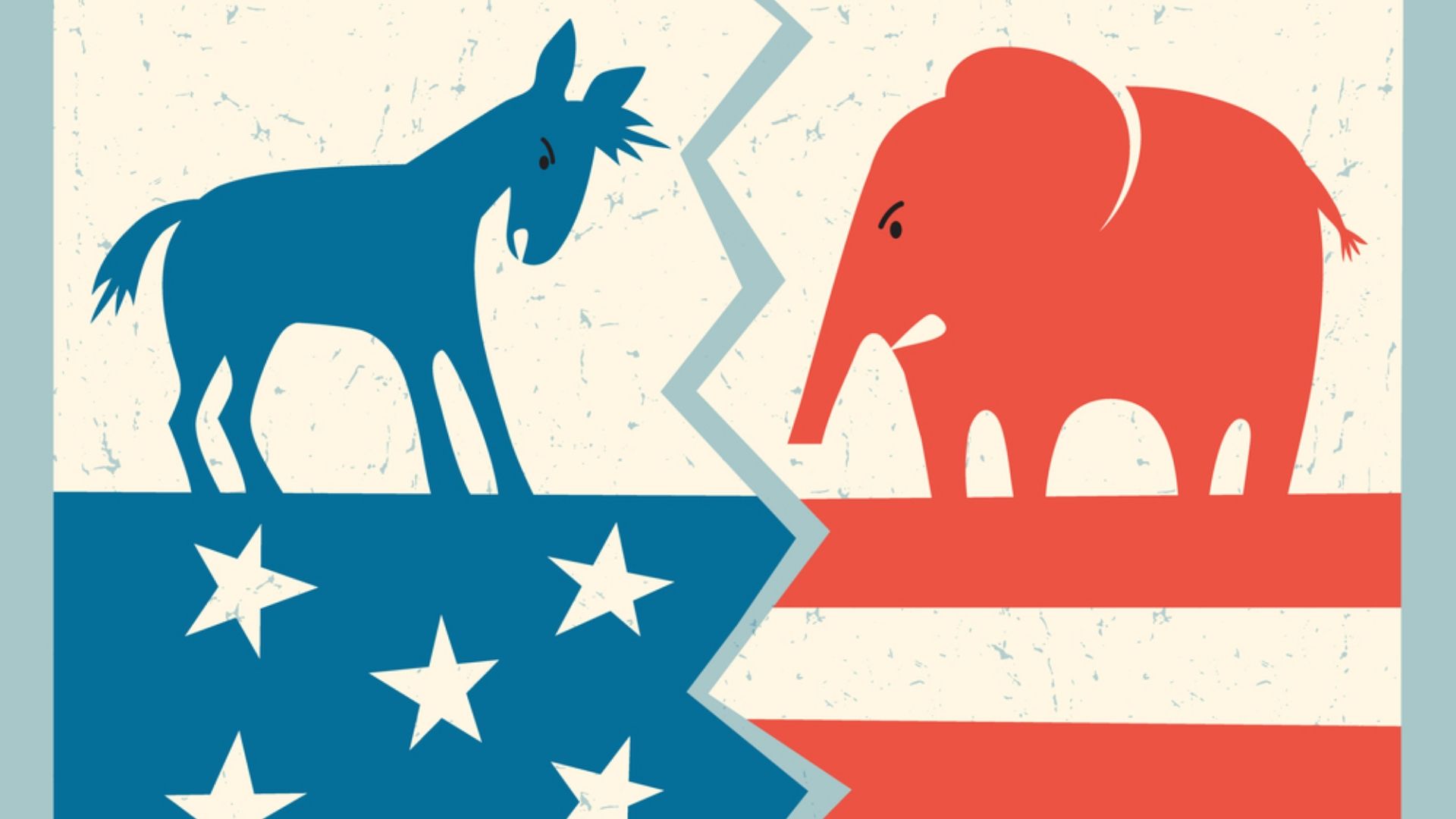A very unusual and disturbing thing happened during the final group match between Uruguay and Italy in the 2014 World Cup. Uruguayan striker, Luis Suarez, bit Italian central defender Giorgio Chiellini on the left shoulder. This was the third time Suarez bit an opposing player during a competitive match.
The Italian players were enraged. Chiellini pulled his jersey down to expose the teeth marks. Uruguayan players denied there was any intention of foul play, asserting the episode was a result of incidental contact. Chiellini said, “It was absolutely clear. There was even a mark.” Uruguayan captain Diego Lugano said, “You have to be stupid to think that mark on Chiellini is from today.”
Social media exploded with comments and memes depicting Suarez as a vampire and Count Dracula. Comedian Jerry Seinfeld addresses the mentality of the sports fan in one of his routines. “Team loyalty is a hard thing to justify in the end. Every year it’s different guys. You’re rooting for clothes when you get right down to it. We’re rooting for laundry.” The point he makes is that team loyalty has more to do with the uniform than the players. It seems a parallel can be drawn with our political choices, and this is why our political process is gridlocked. It’s partisanship on steroids in a completely polarized society. Nothing can be accomplished.
This is the mindset behind identity politics. According to the Stanford Encyclopedia of Philosophy, identity politics “has come to signify a wide range of political activity and theorizing founded in the shared experiences of injustice of members of certain social groups.”
To be sure, shared identity holds great importance in a system in which all people are promised equal representation but for some the promise is largely unfulfilled. One could argue that women would not have the right to vote had it not been for a group of women who banded together to work for change. Perhaps the Civil Rights Movement wouldn’t have coalesced had it not been for four college students sitting at a Woolworth’s lunch counter in Greensboro, NC, in 1960, politely asking to be served. One wonders if the gay rights movement would have gained traction if not for the patrons at the Stonewall Inn, in New York City, who resisted a police raid on the premises sparking the Stonewall Riots.
These events served as catalysts for important movements in social justice reform. Each started within specific social groups whose shared experiences of injustice incited action. But, and this is of critical importance, these actions spread to include people from outside these specific social groups and they grew into a movement.
READ: This Is the Year Year of the Faithful Widow in Politics
Experience shows that to affect any significant social change we need to be willing to transcend the identifiers of a particular social group and accept the support of those who may not share these identifiers but are sympathetic to the cause. But in this hyper-polarized climate we seem unable to look beyond our particular identifiers. Perhaps there is fear of losing our identity. Perhaps there is concern that the ideological purity within the social construct will be compromised. Perhaps it’s a residual symptom brought about in an economic system of extraction where competition is exalted and the attitude of “get mine before you get yours” is deeply ingrained in the collective consciousness. The message of scarcity can be a powerful motivator.
So, instead of actively mobilizing we become passively immobilized. Again referencing the Stanford Encyclopedia of Philosophy, “Rather than organizing solely around belief systems, programmatic manifestos, or party affiliation, identity political formations typically aim to secure the political freedom of a specific constituency marginalized within its larger context.”
This is problematic from a Christian perspective. It works contrary to a fundamental concern of the Church, namely the common good. In the gospels we see Jesus expressing, as Father Gustavo Gutiérrez wrote, a “preferential option for the poor.” Indeed, in Luke’s Gospel Jesus begins his ministry reading in the synagogue on Sabbath from the prophet Isaiah saying,
“The Spirit of the Lord is on me, because he has anointed me to proclaim good news to the poor. He has sent me to proclaim freedom for the prisoners and recovery of sight for the blind, to set the oppressed free, to proclaim the year of the Lord’s favor.”
In Matthew’s Gospel, Jesus begins his ministry with the Sermon on the Mount, revealing who among us are blessed – the poor in spirit, those who mourn, the meek, those who hunger and thirst for righteousness, the merciful, the pure in heart, the peacemakers, and the persecuted. Matthew bookends this passage toward the end of his gospel where Jesus says that the blessed ones are those who feed the hungry, quench the thirsty, welcome the stranger, clothe the naked, care for the afflicted, and visit the prisoner.
Jesus ministers to people from a wide cross section of society. The Jewish traitor who collects taxes for the Roman Empire and probably skims a little off the top for himself. The reviled Samaritan woman at the well who has had several husbands. The Roman centurion whose servant needed healing. The thief hanging on the cross next to him on Calvary. The widow’s only son revived from death. He did these things without conditions. No strings attached. He cleansed the leper and healed the paralytic without first asking for their health insurance information.
Yes, Jesus had a specific set of social identifiers. He was Jewish. He lived under the oppression of the Roman Empire. He was homeless. He was poor. But he didn’t align with any particular set of identifiers. Rather, he simply ministered to all, women and men, young and old, Jew and Gentile, sick and healthy, living and dead.
Jesus didn’t practice identity politics. Rather, he modeled unconditional love and a deep concern for the common good.

